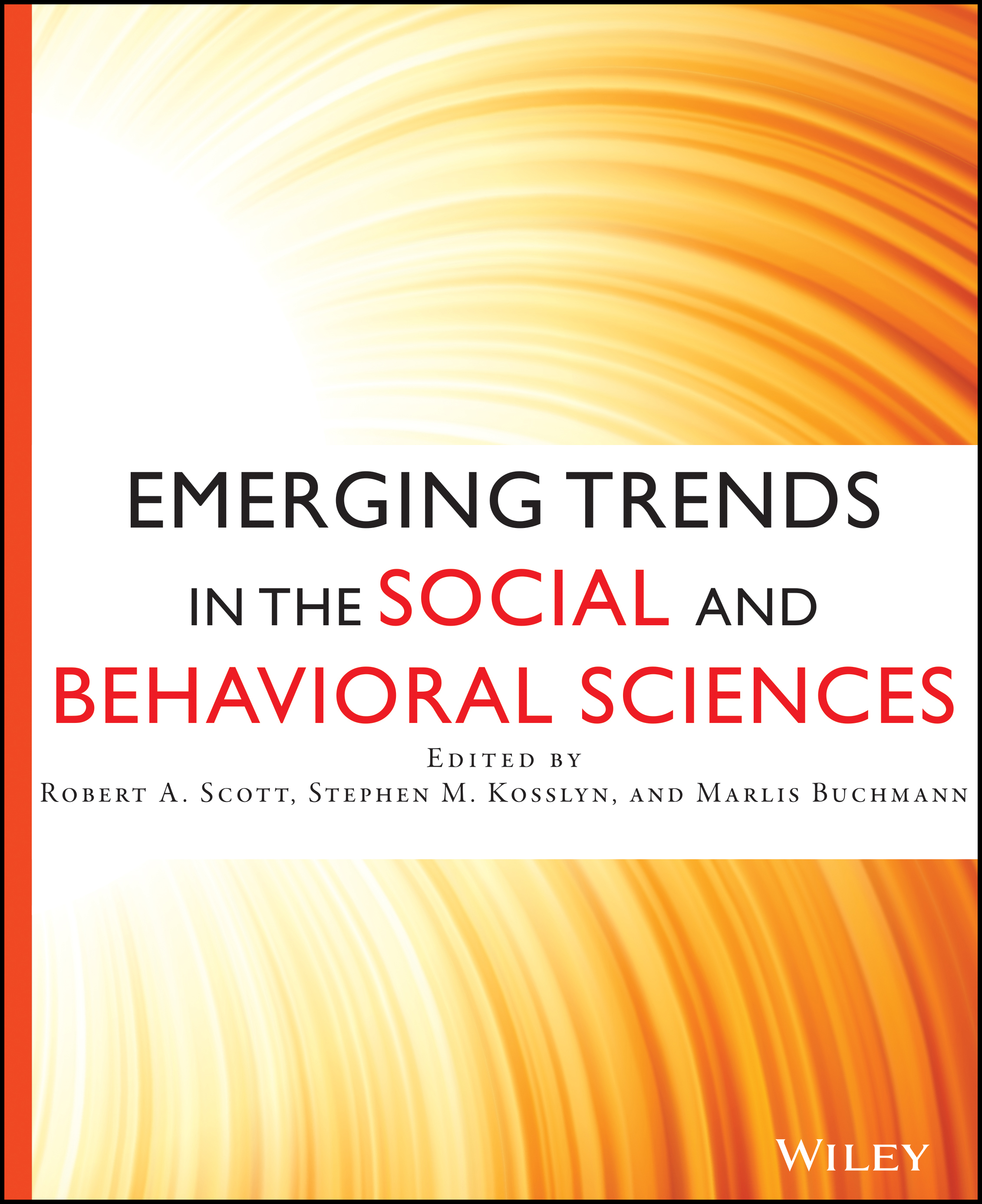Becoming Adult: Meanings of Markers to Adulthood
Abstract
This essay examines a range of meanings and markers of adulthood, from biological to social, psychological, and legal. It describes a shift from more universal and traditional definitions of adulthood, which were also heavily gendered, to an increasingly diverse and personalized set of definitions. This shift reflects the prolonged, complex, and highly unequal spectrum of pathways that young people take into adulthood today. And yet, public perceptions of what adulthood is supposed to look like, and even the views of young people themselves, are often anchored in an earlier historical era. The clash between outdated ideas and the new realities of adulthood create a major set of contradictions for young people. Two contexts are shown to be crucial in determining individuals' actual and perceived progress toward adulthood: families and institutions of higher education. But in these contexts, too, young people receive contradictory signals about their status. The essay concludes with thoughts about the changing meanings of what it means to be “young” and “adult” today.



